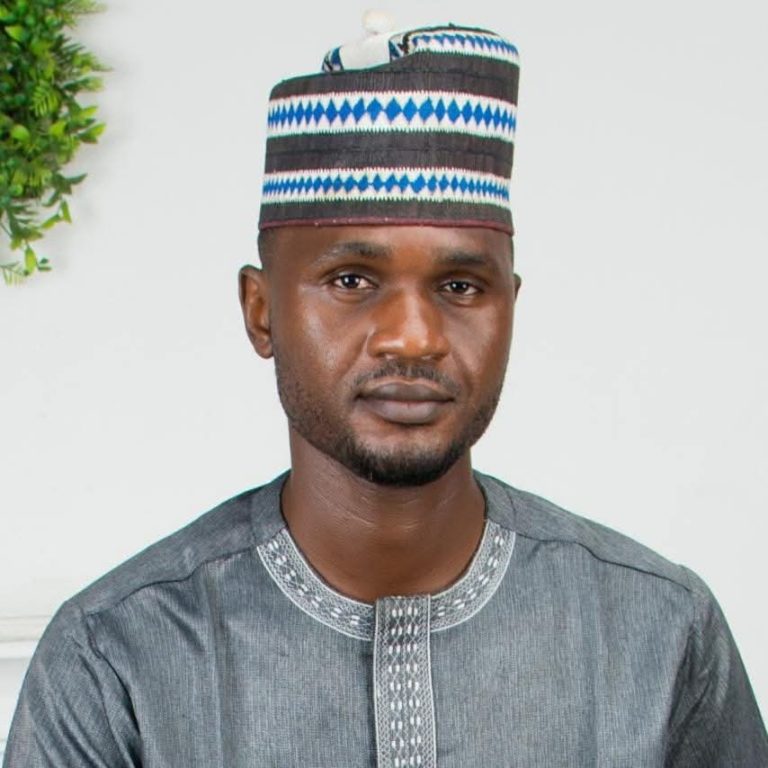Multidimensional Energy Expert, Abdulrazaq Hamzat, has called for the establishment of a Multidimensional Energy Accountability Taskforce (MEAT) to address what he described as a “breakdown in Nigeria’s energy governance system,” following revelations of over $300 billion in unaccounted crude oil revenue.
Hamzat, who is also a member of the International Association of Energy Economics (IAEE) and the Nigeria Association of Energy Economics (NAEE), made the call in a statement on Friday, describing the situation as “the most alarming case of economic sabotage in the world.”
“The $300 billion unaccounted crude oil revenue reflects a breakdown in energy governance, not just theft. It is a call for structural, technological, and institutional reform of Nigeria’s oil value chain,” Hamzat stated.
According to him, the Senate Ad Hoc Committee’s revelation on crude oil theft exposes deep structural failures within Nigeria’s energy architecture, marked by weak inter-agency coordination, obsolete metering technology, and opaque fiscal management systems that have enabled massive revenue leakages.
“Energy security is not just about generation and supply; it is about governance, accountability, and justice,” he said. “The loss of $300 billion is not merely financial, it is the theft of our future. Fixing it requires the fusion of technology, policy reform, and moral leadership.”
Speaking as Executive Director of the Foundation for Peace Professionals (PeacePro), Hamzat linked the collapse of energy governance to Nigeria’s broader insecurity and economic instability. He argued that economic injustice in the oil sector fuels social crises by creating despair, inequality, and disillusionment among citizens.
To address the crisis, Hamzat proposed the creation of the Multidimensional Energy Accountability Taskforce (MEAT), a national coalition of experts, institutions, and civil actors dedicated to restoring transparency and trust in Nigeria’s oil and gas value chain.
The mandate of MEAT, he said, would include, Conducting a comprehensive forensic audit of crude oil production, exports, and revenue flows using both local and international verification tools, Deploying blockchain, satellite, and artificial intelligence systems to establish a National Crude Tracking System (NCTS) for real-time monitoring of every barrel produced, creating a Unified Energy Accountability Framework (UEAF) linking data from the NNPCL, NUPRC, FIRS, and CBN for coherent and transparent reporting, Advising on policy and legal reforms to strengthen enforcement of the Petroleum Industry Act (PIA) and align Nigeria with global extractive transparency standards and Partnering with global institutions to trace and recover diverted or stolen crude proceeds, channeling them into a National Energy Justice Fund (NEJF) for community energy projects and local refinery development.
Hamzat explained that the taskforce would be multidisciplinary, comprising energy economists, technology innovators, legal practitioners, forensic accountants, civil society leaders, and host community representatives to ensure a holistic and credible solution.
He urged the Presidency and National Assembly to treat the proposal as a national priority, emphasizing that no genuine energy transition can occur in a country where primary resources are unaccounted for.
“Before we talk about clean energy transition, we must achieve energy sufficiency and accountability. No nation can transition to renewables while losing its primary resources to corruption and mismanagement,” he added.
Hamzat further advised that recovered funds be channeled into strategic investments that strengthen grid infrastructure, expand local refining capacity, and empower energy-deficient communities.
Concluding, Hamzat asserted that Nigeria’s recovery will not come through external aid or new loans but through governance renewal and moral responsibility within its energy institutions.
“The $300 billion loss is a reflection of moral decay as much as it is of economic mismanagement,” he said. “We must rebuild trust between the Nigerian state and its people through transparency, justice, and technology-driven oversight. The time for half-measures is over, the energy sector must become the foundation of national integrity, not the symbol of national failure.”

